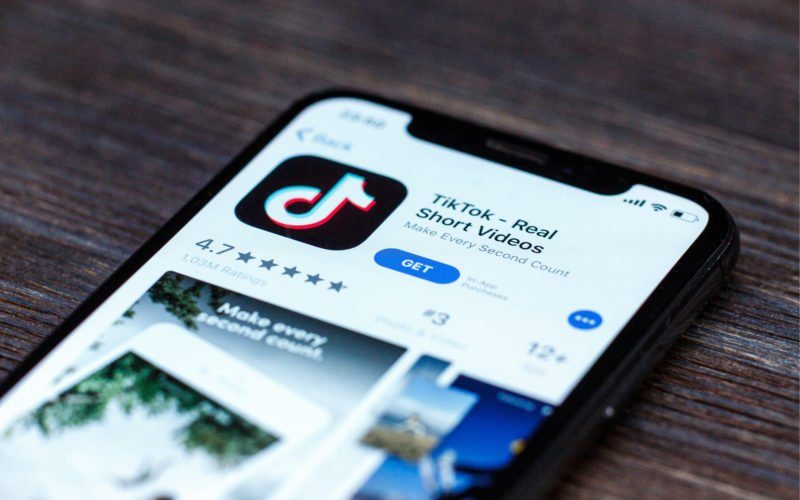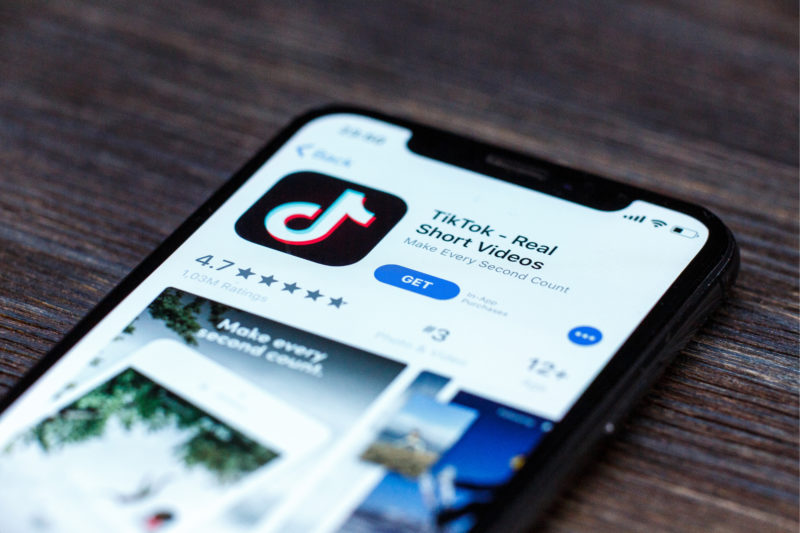
What Brilliant TikTok Reveals about Human Creativity

I used to make it a habit to try out all the latest social technology, if only to observe its function, rules, and contribution to the culture. That habit stopped last year during the “techlash:” I too found myself convinced that we’ve probably overindulged in preening, sharing, bragging, performing.
Two in five people in the world are on social media, spending 2.5 hours a day doing what they are doing. The privacy implications are disturbing, and users are starting to revolt. Beyond that, I’ve noticed a trend. People seriously focussed on life success were using social media ever less, while gorging on all the latest seems to be associated with loneliness and depression.
To be sure, panic over social media is overwrought. But uncritical celebration – as was my tendency ten years ago, if only to balance the hate – might go too far.
So, yes, exhausted from weird and pointless apps trying to compete with the dominant few, I was reluctant even to try TikTok, the latest and greatest. Born in China in 2012, it came to the US in 2017 and has been downloaded 80 million times (800 million globally), launched amazing careers, made songs and artists, and become the top obsession in the world of social media.
TikTok takes the fun of Karaoke to short videos you make yourself, expanding it to comedy, dance, curiosities, gags, funny life moments, animal tricks, all with a focus on cheeky creativity. It’s the digital version of the games you play at home, the gags you pulled in college, the songs you sing in your car, the dances you practice with friends, and practical jokes you deploy on good friends, all backed by snippets of catchy songs past and present.
It is as preposterous as you expect, but it is also funny, fascinating, and addictive for reasons it’s hard to place. This is precisely why it is so easy to call it a cruel waste of time. No surprise that active users spend an hour a day on it just consuming content. It’s not difficult to get sucked in for no apparent reason.
A key reason it is so good is that TikTok eschews the friends/follow model of Facebook and Instagram in favor of an algorithm that uses artificial intelligence to give you more of what you watched. That means anything could pop up next on your feed, and it’s very easy to swipe up to the next video. You find yourself laughing and moving to the beat despite every attempt to remain detached.
Essentially it comes down to this. If there is ever a moment of boredom in your life, clicking the TikTok application on your smartphone is a sure way to fill the time. Yes, you might feel you got robbed of a few minutes but, then again, the good videos make an impression, last in your mind, and, quite often, impress you with the skill of average people to make little movies about real life.
Here is another way in which TikTok makes a contribution: it is completely free of politics. In a hyper-politicized age, when so much around us seems designed to manipulate us into some amped-up ideology, to back a tribe, to get in a frenzy about some far-flung cause, TikTok represents a blessed relief, a clear celebration of life, love, and human potential.
Now comes the part where we derive lessons from this technology.
First, the success of TikTok proves that the world of social media is not static, monopolized, or predictable. Even now, there is talk of breaking up Facebook, as if it is some kind of frightening global cartel. Nonsense. Many applications are trying to be Facebook and failing. TikTok has a completely different model focussed on entertainment and personal artistic empowerment, and has somehow grabbed the juice from last year’s industry leaders.
Second, the application originated in China and made its way to the United States and the rest of the world, revealing the inevitable universality of technological innovation and the human experience generally. Right now, American elites are working to build walls but digital media is working in the opposite direction to tear them down and build connections between peoples.
Third, TikTock reveals the untapped creativity of the human mind. Give people a platform and the tools to do amazing things and they will step up and try. They will compete for attention. They can learn from others. The seeming chaos of global creativity can combine into a consumable social order of magical fun for everyone. The key is the openness and the opportunity: that’s all we need to do wonderful things.
TikTok has also made brilliant strides toward solving the sticky issue of the trade-off between openness to new content and rules concerning civility. Predecessor platforms began with confidence in the open model and have spent years imposing rules and tightening access. TikTok set good rules from the beginning and lets them be enforced by artificial intelligence. Everyone accepts them and adapts. As a result, there is no strange Nazi problem on the platform, nor the great controversy over adult material. It’s all friendly and fine, with very little in the way of trolling.
There is controversy over how the platform does not pay royalties to creators, nor even insist that people be assigned proper credit for dance moves, fancy tricks, and so on. It’s just accepted that everything is shared. And guess what? This hasn’t diminished creativity. Proponents of intellectual property take note!
Maybe it seems like a stretch to compare the wild creativity of TikTok with the bureaucratized and highly regulated US health care system. But the same dynamic is in operation. If you bind people down with strict rules, set formulas, and dictated outcomes – which is where health care policy has trended for decades – you end up with a system that doesn’t serve people well and doesn’t improve. Such systems disable discovery. But if you open up and allow experimentation and learning, you will be shocked at the surprisingly wonderful results.
Yes, you might find TikTok to be a revolting waste of time. Hundreds of millions disagree with you, and they are onto something. What technology and the app economy has allowed for is a new terrain of wonderfully creative, competitive, and fully democratized human productivity. That we have wildly underestimated the power and ubiquity of the creative arts, and their universal presence in the human population, is the main lesson of TikTok.
I find myself in awe of the way in which the market has granted to every member of the human family the opportunity to consume, create, share, and find a path to ennoblement. TikTok is the latest and greatest but there will be others that are even better and more empowering, provided we protect the freedom that makes it all possible.
Stand up challenge!!! #wedidit #fun #standupchallenge #challenge scott_mathison_ gymshark